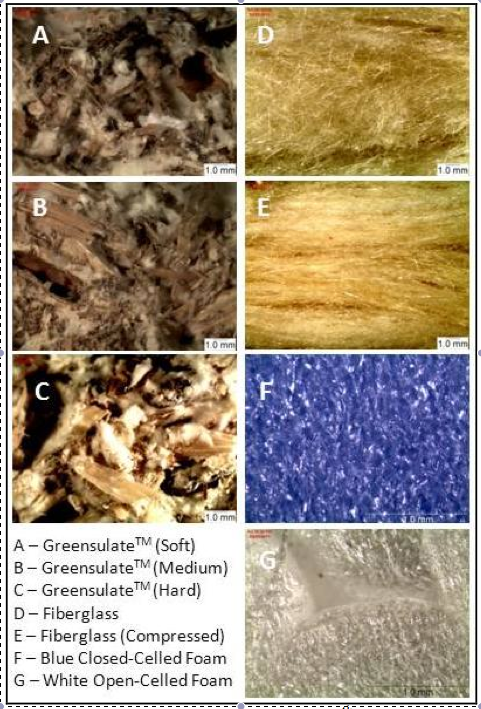Abstract: Â In light of society’s increasing awareness with regards to the health of the environment, many engineering firms are hiring recent engineering graduates with project- (or course-) based experience in environmental sustainability. Currently engineering schools at the collegiate level have addressed this need by modifying their curricula by including additional coursework on sustainability related subjects. The next step of adaptation calls for a holistic treatment of sustainability concepts by integrating them within traditional coursework. Engineering schools have not yet addressed the best way to accomplish this integration due to the concerns stemming from the increase in cognitive load and scheduling pressure. Additionally, it has been shown that K-12 curricula also lack exposure to sustainable thinking. As a result, incoming freshmen are not aware of the inherent correlations between engineering principles, e.g. heat transfer and environmental sustainability. To prepare the next generation of innovative thinkers to solve these complex, interdisciplinary issues, engineering principles must be contextualized in terms of sustainable design at both the K-12 and undergraduate levels. To meet this need, the authors developed a general framework for introducing sustainable design thinking into K-12 student projects. A pilot case is presented to illustrate a particular student’s (listed as a co-author) growth through a newly gained understanding of environmental sustainability through experimentation. The project specifically addresses various insulation materials for residential buildings by judging their individual environmental advantages and economic feasibility. Â The main outcome of this project is the extensive redesign of an existing undergraduate heat and mass transfer lab experiment.
Designing-in Sustainability by Linking Engineering Curricula with K-12 Science Projects
Authors: William Z. Bernstein, Arjun Ramani, Xiulin Ruan, Devarajan Ramanujan, and Karthik Ramani
Proceedings of the ASME 2012 IDETC/CIE.

William Z Bernstein
Dr. William Z. Bernstein is a Mechanical Engineer in the Life Cycle Engineering (LCE) Group of the Systems Integration Division of the Engineering Laboratory (EL) at the National Institute of Standards and Technology (NIST). Dr. Bernstein's research at NIST primarily contributes to two programs: (1) Performance Assurance for Smart Manufacturing Systems and (2) Enabling the Digital Thread for Smart Manufacturing. Prior to joining NIST, Dr. Bernstein was a member of the C-Design Lab at Purdue University. His research at Purdue was focused on establishing frameworks and methods to enable environmentally conscious product redesign activities. Central to this work was the idea of infusing principles from the fields of Information Visualization and Visual Analytics into sustainable design. Dr. Bernstein's current research interests include Sustainable Design, Data-driven Manufacutring, Product Lifecycle Management, Visual Analytics, and Information Visualization.

